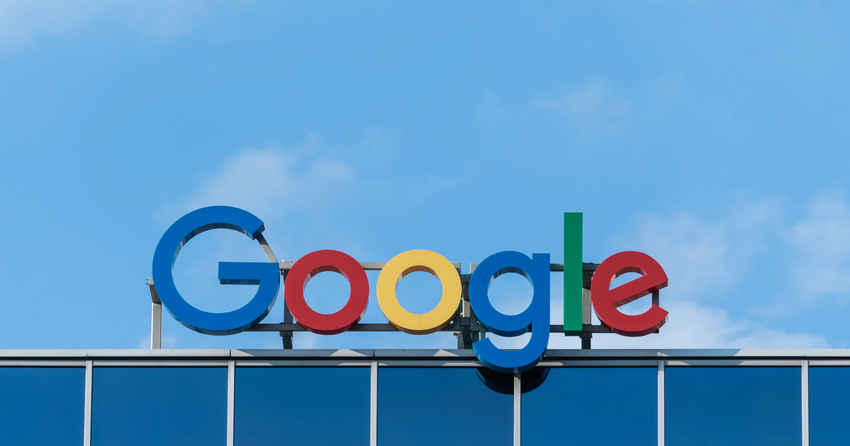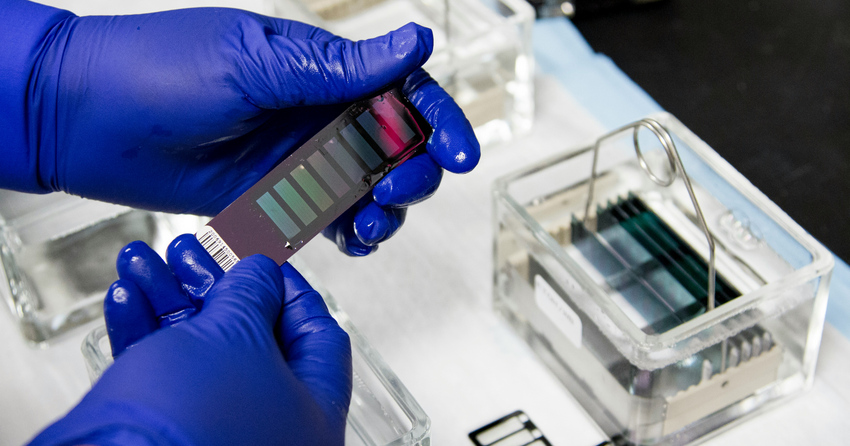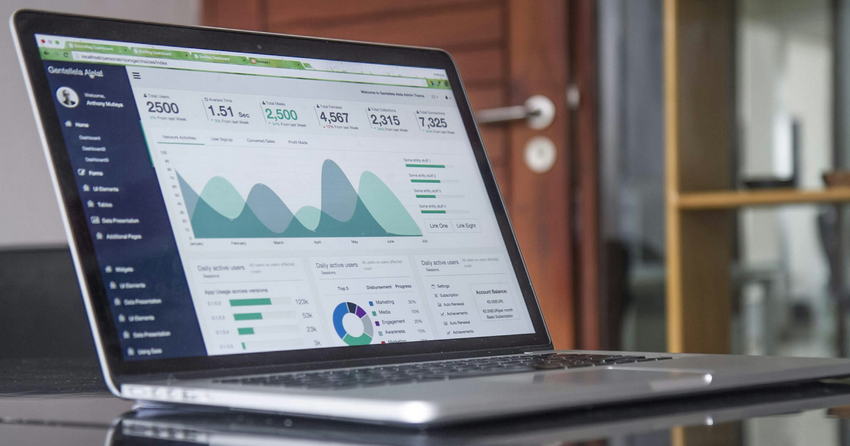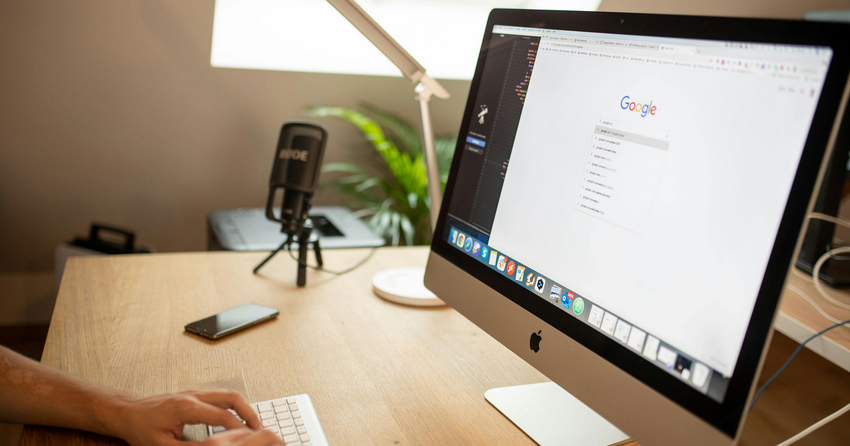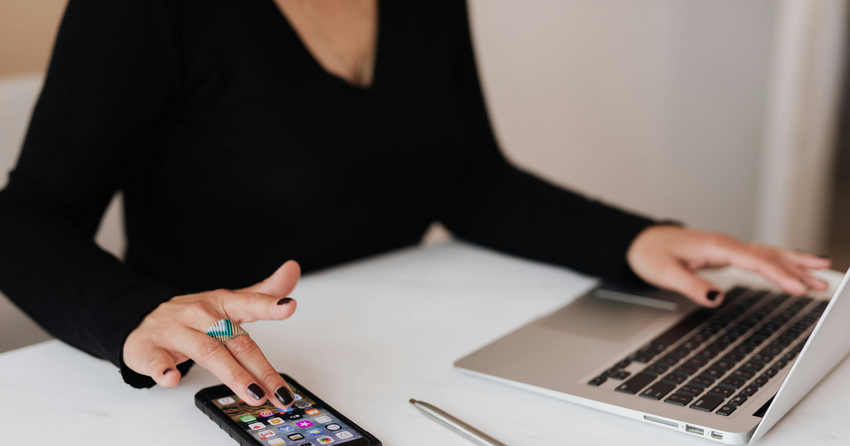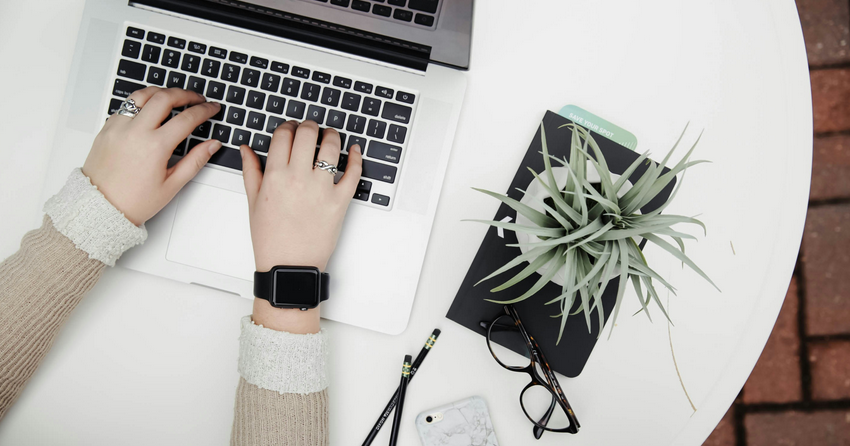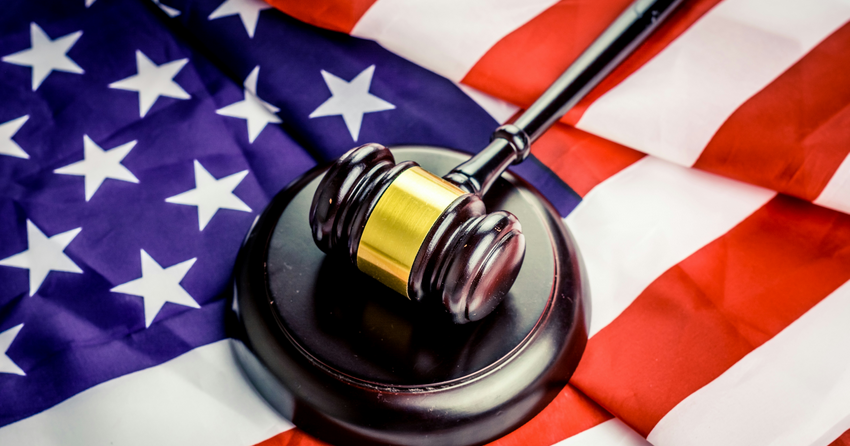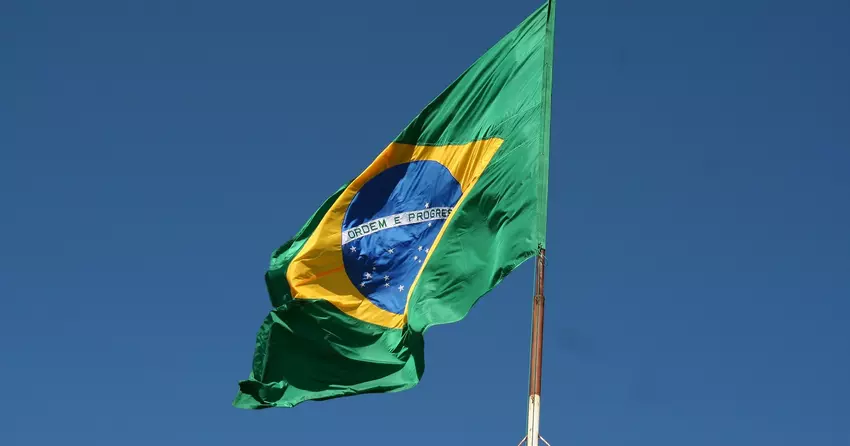
Brazil Passes Law Restricting Use of Smartphones in Classrooms
Brazil’s president, Luiz Inácio Lula da Silva signed a bill on January 13th that will prohibit students from using their smartphones in elementary and secondary school classrooms, with important exceptions for pedagogic, disability, or emergency reasons.
The bill had an unprecedented level of approval across Brazil’s political spectrum.
“The purpose of the law is not to prohibit the use of cell phones, but to protect our children and adolescents by restricting the use of these devices,” said Brazil’s Minister of Education, Camilo Santana, in an official statement. “Cell phones may only be used in classrooms for educational purposes and under the guidance of teachers. They will also not be allowed during breaks, in order to encourage and strengthen integration among students,” he continued.
According to the Brazilian Internet Steering Committee, by 2023, 64% of Brazilian schools already had some form of restriction on smartphones, with 28% already implementing outright bans.
Though the law focuses on smartphone use, it also establishes that schools must implement strategies to address mental health issues for students across the board, including providing information and prevention strategies for psychological harm that might result from excessive use of electronic devices.
“Human beings were born to live in society and to interact physically, so this is a step that represents a lot for the future of the country. We want children to go back to playing, interacting with each other and studying,” said da Silva.
He elaborated further in a statement on X: “It is worth remembering that pedagogical and accessibility use will still be permitted, without prejudice to students.” Specifically, the law makes exceptions for the purposes of guaranteeing accessibility, ensuring inclusion, guaranteeing fundamental rights, and meeting student’s health conditions.
The use of smartphones will also be permitted in “situations of danger” and “force of nature” events.
Da Silva’s words are reminiscent of those from Greek Minister of Digital Governance Dimitris Papastergiou, who recently announced the launch of a national app to protect minors from excessive phone use. “Children have forgotten to live normally, […] they talk through screens and messages.”
Brazil joins other countries around the world in its implementation of measures to protect the digital safety of minors, including the aforementioned Greek app, a complete ban of social media for all children under 15 in France, and Australia’s TikTok ban for children under 16.



